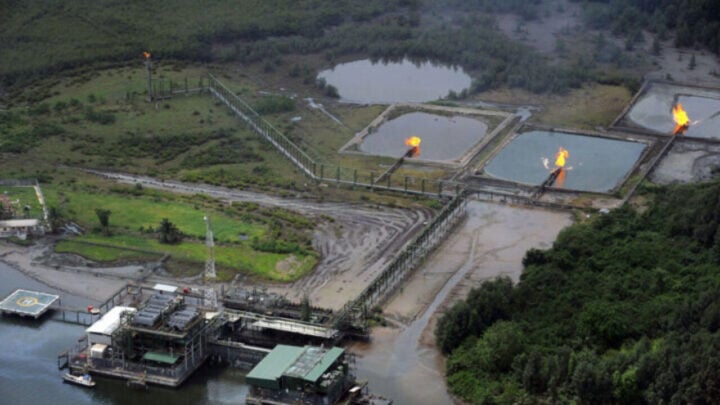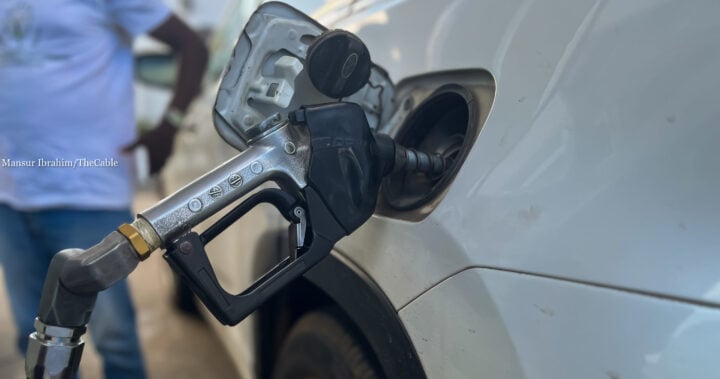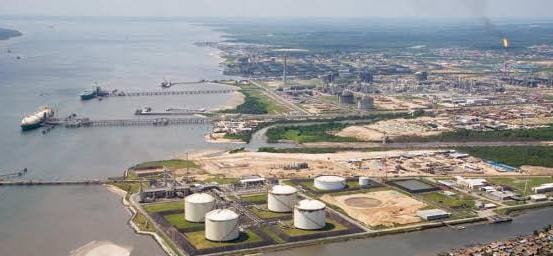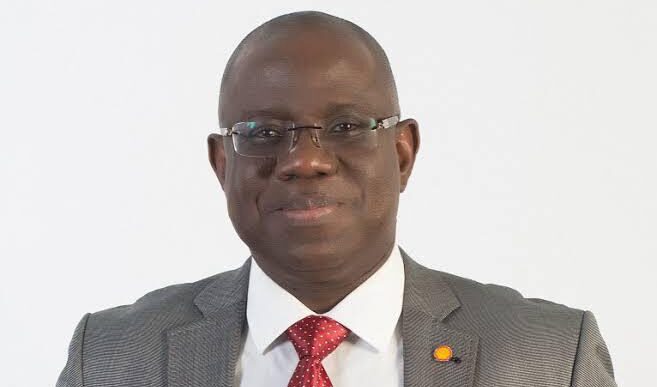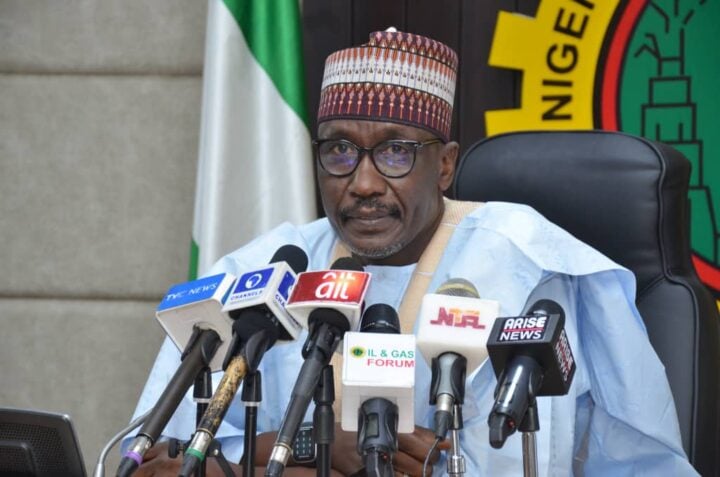The Nigeria Economic Summit Group (NESG) has urged the federal government to maintain crude oil production at 2.2 million barrels per day (bpd) to ensure the feasibility of the 2025 budget.
Tayo Aduloju, chief executive officer (CEO) of NESG, spoke on Friday at the group’s media interaction in Abuja, where he presented NESG’s strategic vision for 2025 and the private sector’s macroeconomic outlook.
In March, the Organisation of Petroleum Exporting Countries (OPEC) announced that Nigeria’s crude oil production dropped to 1.46 million bpd in February.
Aduloju highlighted fluctuations in Nigeria’s crude oil production over the years, citing key benchmarks of 1.1 million bpd, 2.2 million bpd, and 2.8 million bpd.
Advertisement
He said that achieving a stable production level of 2.2 million bpd is realistic and necessary for the success of the budget.
“Hitting 2.2 million bpd, regardless of oil price fluctuations, is essential for the budget’s success,” he said.
“The government has shown since it came into office that crude production moved from 1.1 million bpd to 2.2 million bpd, and even to 2.8 million bpd.
Advertisement
“This shows that the government can achieve 2.2 million bpd if our trajectory is an incremental movement in daily oil production. It means it’s possible.”
Aduloju, who also unveiled “The Arc of the Possible,” NESG’s strategy for driving Nigeria’s economic development, reiterated that 2.2 million bpd was not ambitious, noting that it is within the arc of the possible.
He explained that achieving the target would lead to a positive impact on the economy, particularly in stabilising the foreign exchange market by generating more foreign earnings.
The CEO added that it will also boost government efforts on deregulation, liberalisation of the downstream sector and effective regulatory governance.
Advertisement
‘ENSURE STABILITY RETURNS TO RIVERS’
Aduloju also said that due to Rivers’ significance to the nation’s oil production and the economy generally, there is a need for a quick intervention in ensuring stability returns to the state and improvement in funding of government security.
“Effective implementation of stabilisation reforms could accelerate Nigeria’s Gross Domestic Product (GDP) growth to 5.5 percent in 2025,” he said.
“Additionally, improved foreign exchange availability will sustain operations in the manufacturing sector, which depends on imported raw materials and intermediate inputs.
Advertisement
“In agriculture, addressing financing, storage, warehousing, and logistics challenges will bolster sectoral performance.
“The oil and gas sector will remain critical, not just for growth but also as a significant contributor to foreign exchange inflows, external balances resilience, and government revenue.
Advertisement
“Furthermore, the manufacturing sector is projected to expand due to stabilization policies that address power supply challenges and reduce input costs.”
The CEO said that the NESG report forecasts a decline in inflation to 24.7 percent under optimal stabilisation efforts, indicating an improvement in the country’s macroeconomic stability.
Advertisement
Aduloju said that the report identified the effective coordination of fiscal and monetary policies as essential for driving the anticipated reduction in inflation.
Advertisement
Add a comment


